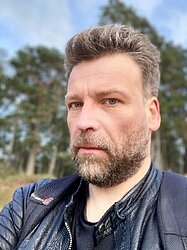Papildus informācija par projektu:
LU mājaslapā: https://www.lu.lv/par-mums/lu-mediji/zinas/zina/t/62665/
LU VFF mājaslapā: https://www.vff.lu.lv/petnieciba/projekti-1/
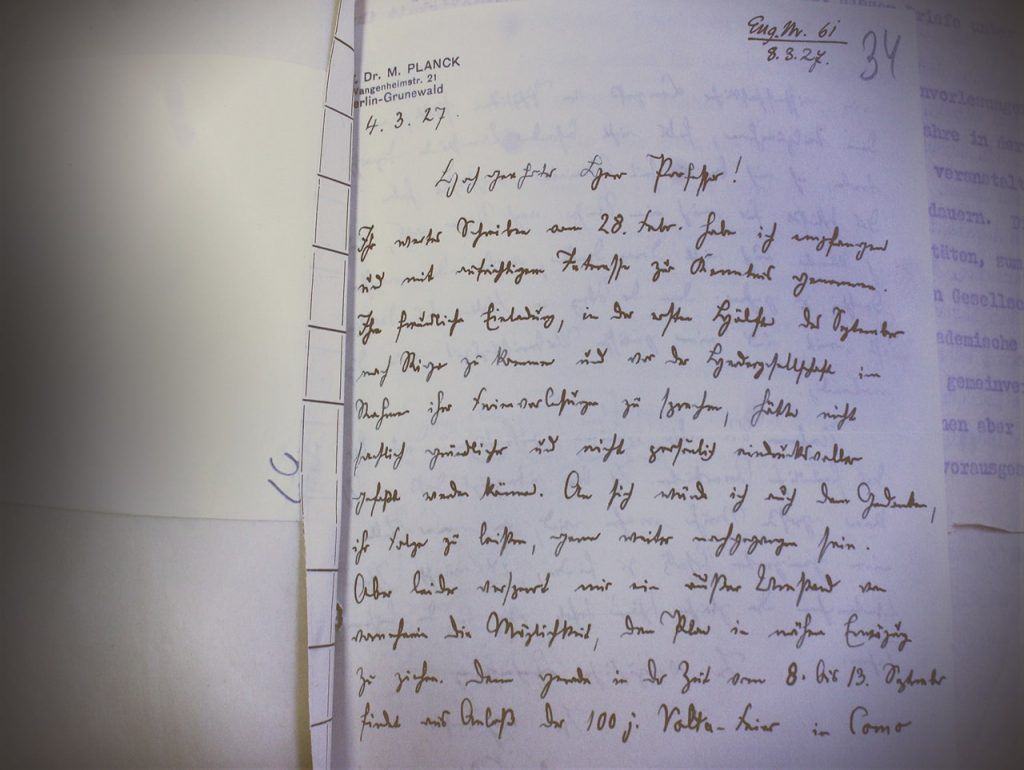
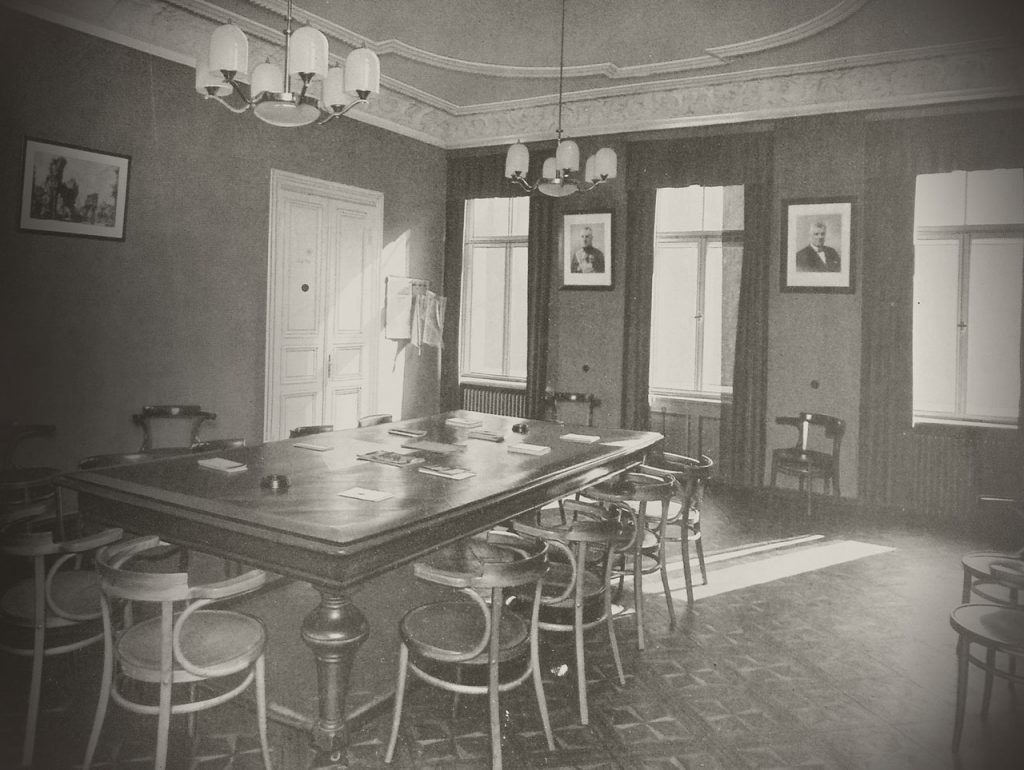
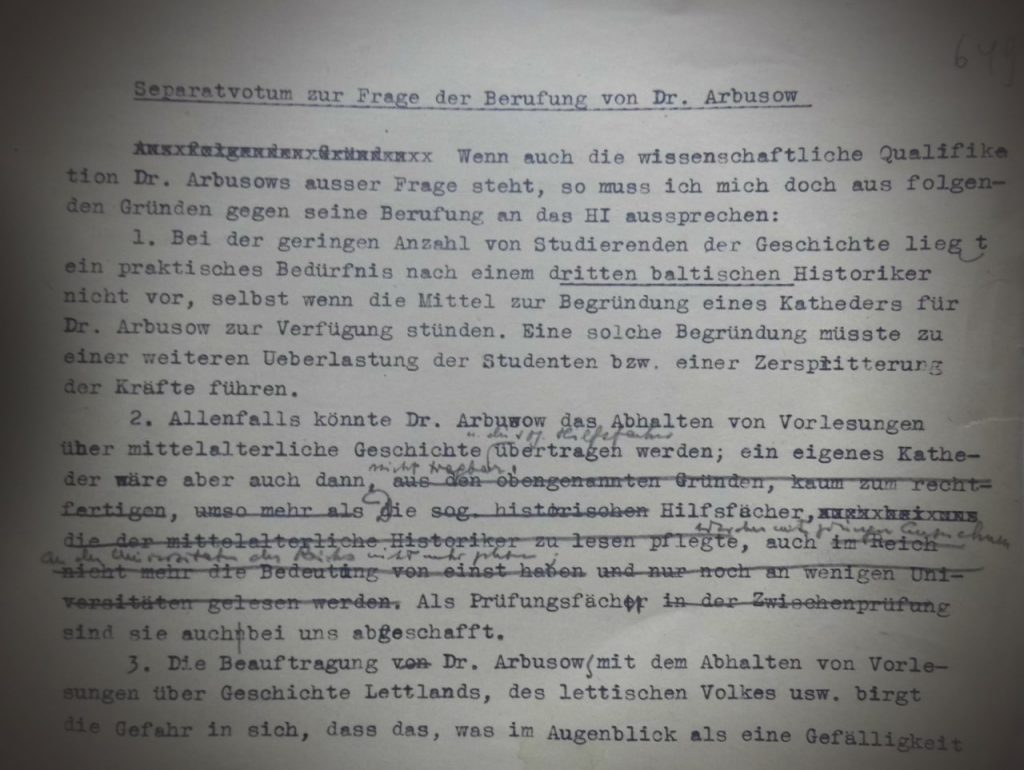
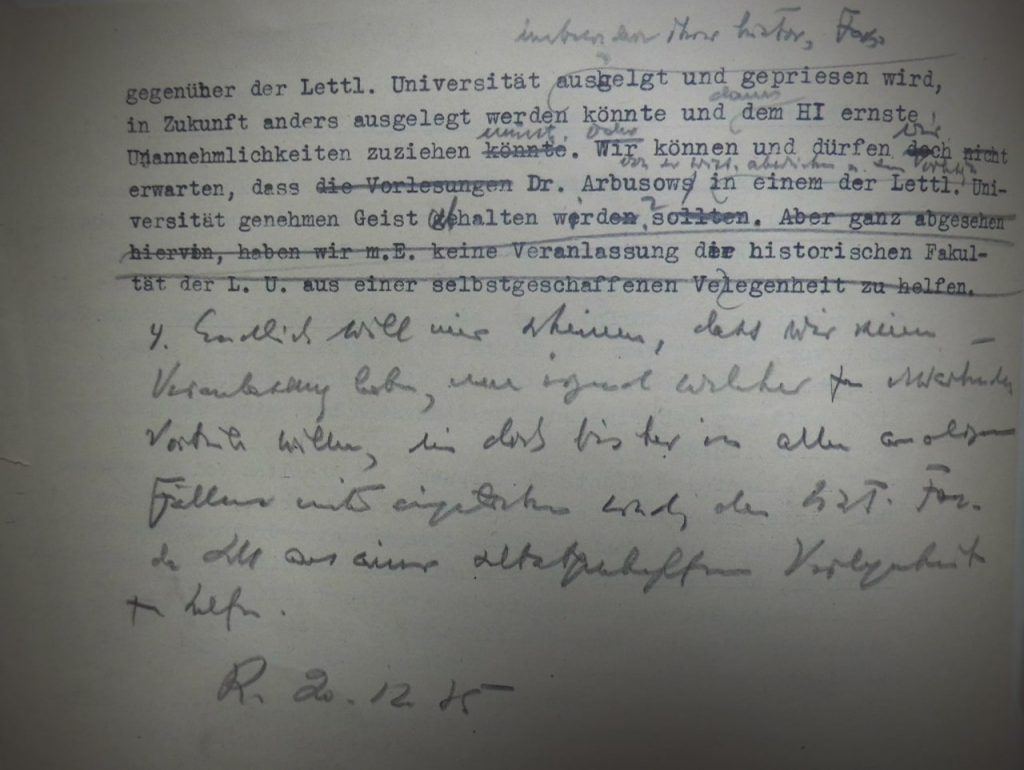
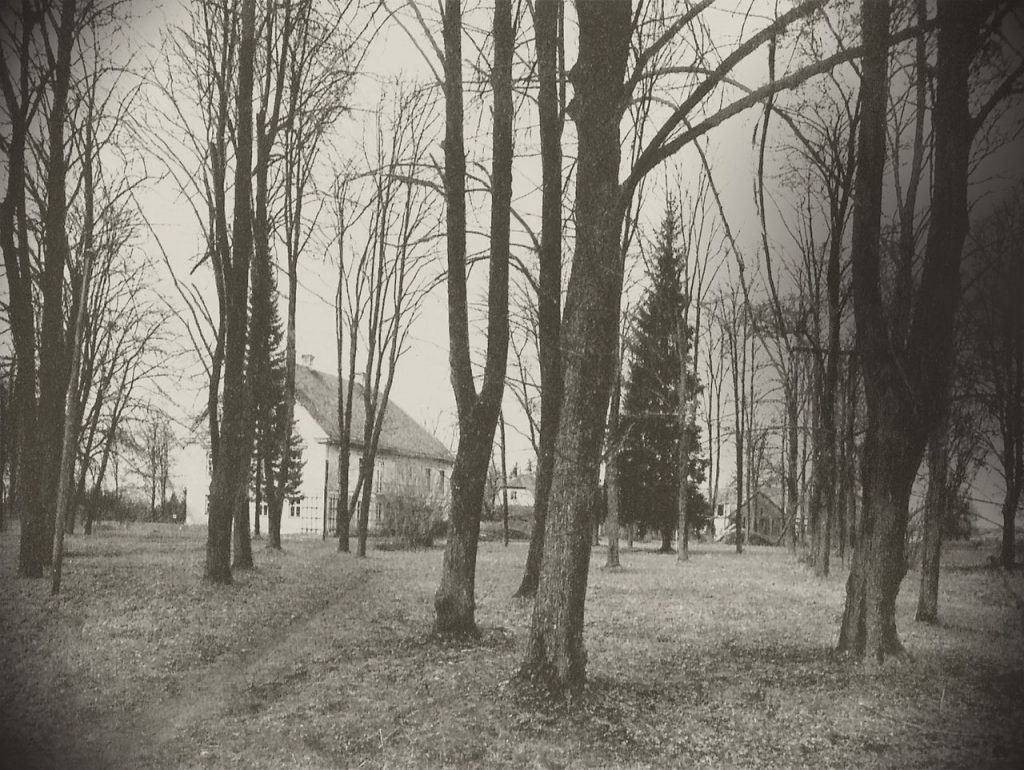
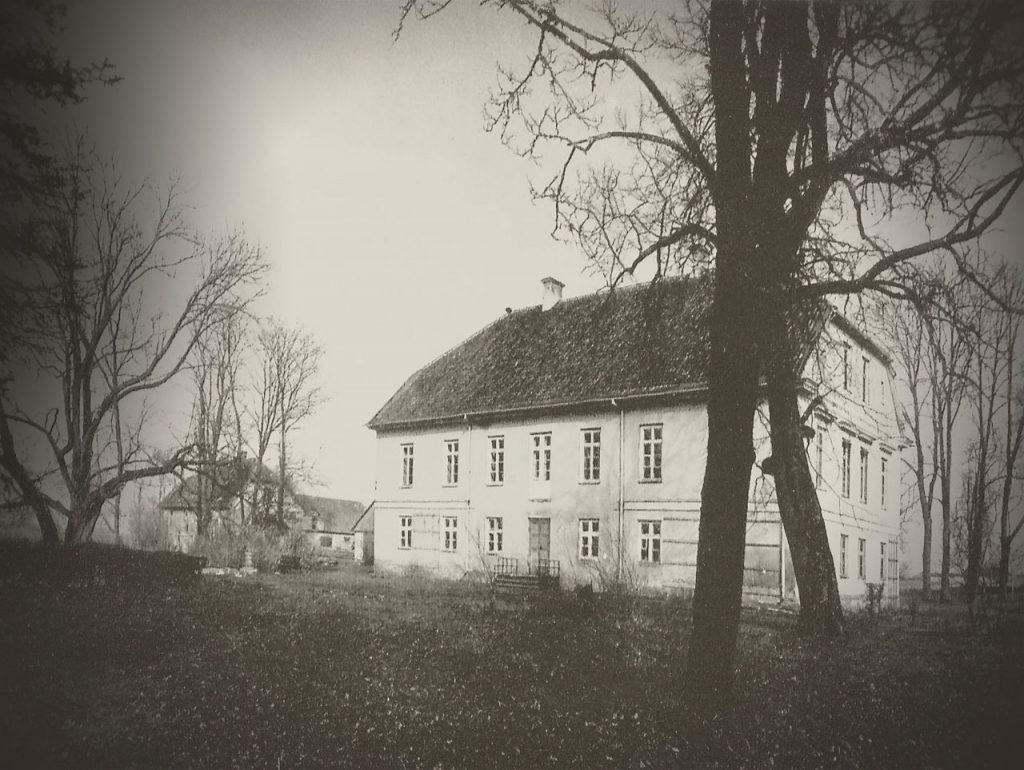
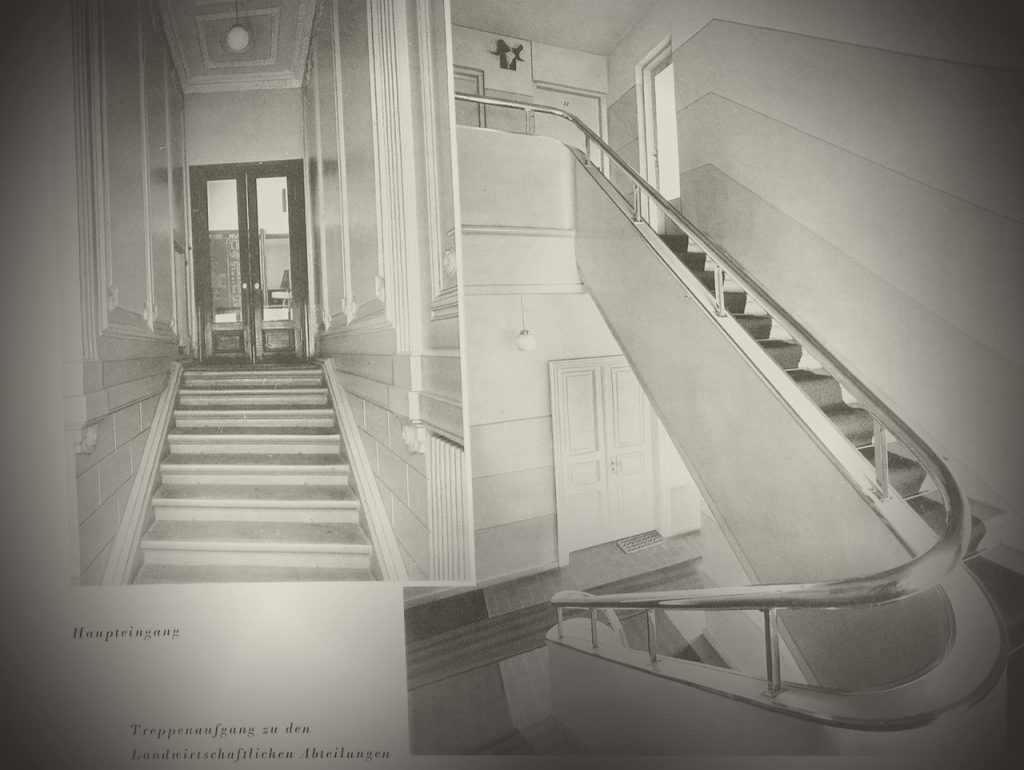
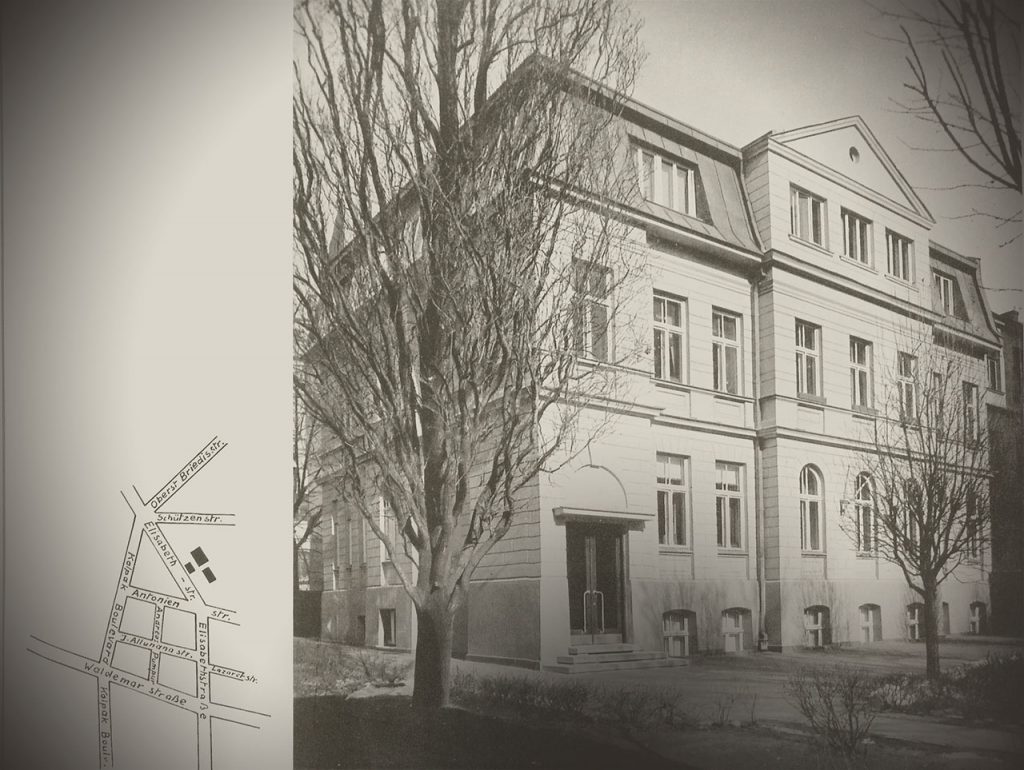
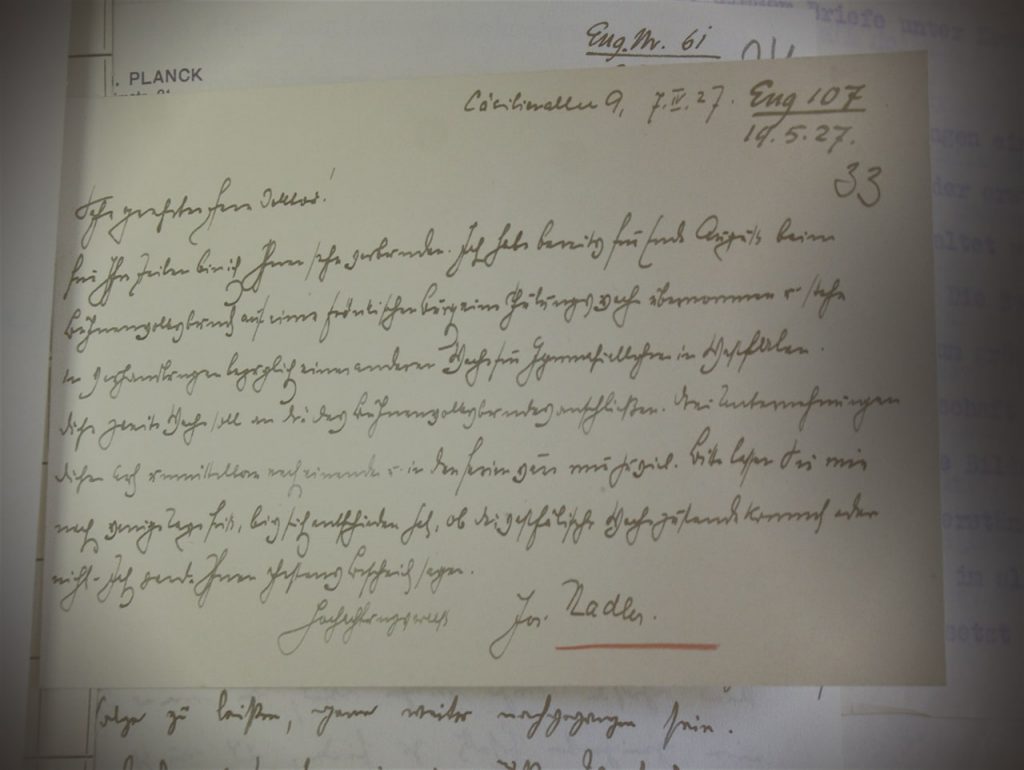
Izglītības centrs un zinātniska institūcija “Herdera institūts Rīgā” (HI) bija augstskola, kuras vēsturei (1921-1939) un ieguldījumam modernās zinātnes ģenēzē ir nozīmīga vieta Latvijas, Eiropas un pasaules kontekstā. HeInRi ir projekts, kas pievēršas HI darbībai Eiropas zinātnes tīklojumā.
LU mājaslapā: https://www.lu.lv/par-mums/lu-mediji/zinas/zina/t/62665/
LU VFF mājaslapā: https://www.vff.lu.lv/petnieciba/projekti-1/
The images used to design the page bring into the world of HI. Their use in some sections of the page is for illustrative purposes only. The documents shown in the pictures from the State Historical Archive of Latvia will be precisely described and, in accordance with legal and research, and technical requirements, placed in the DIGITIZATION section of the page, adding metadata. There is also Images used from the publication: Deutsche Herderhochschule zu Riga. Institutum Herderianum Rigense. Private deutsche Hochschule. Hrsg. of the Public Administration of the Institute of the Library in Riga in Lübeck Lübeck, 1939.
Latvijas Universitāte
Filozofijas un ētikas nodaļa
Aspazijas 5, Rīga LV-1050, 229. telpa
info@heinri.lv
© Institutum Herderianum Rigense 2021
Gestaltung: www.fishersweb.lv
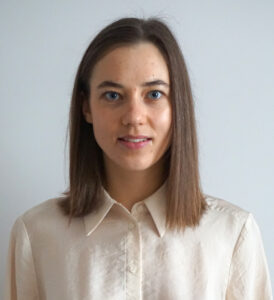
University of Latvia, Faculty of History and Philosophy, Department of Philosophy and Ethics, Master’s student. Graduated from Liepāja State 1st Gymnasium, Architecture Department of Liepāja Secondary School of Design and Art. Studied at the Latvian Academy of Arts, Department of Art History. She has a bachelor’s degree in philosophy from the University of Latvia, Faculty of History and Philosophy, and a bachelor’s degree in philosophy. Spent a semester at the University of Helsinki within the ERASMUS + exchange program (2017). Has been in practice at the Latvian State Archives (2018), in the editorial office of the Internet magazine “Satori” (2019). Research interests are related to the history of philosophy, 20th century. French philosophy, phenomenology.
